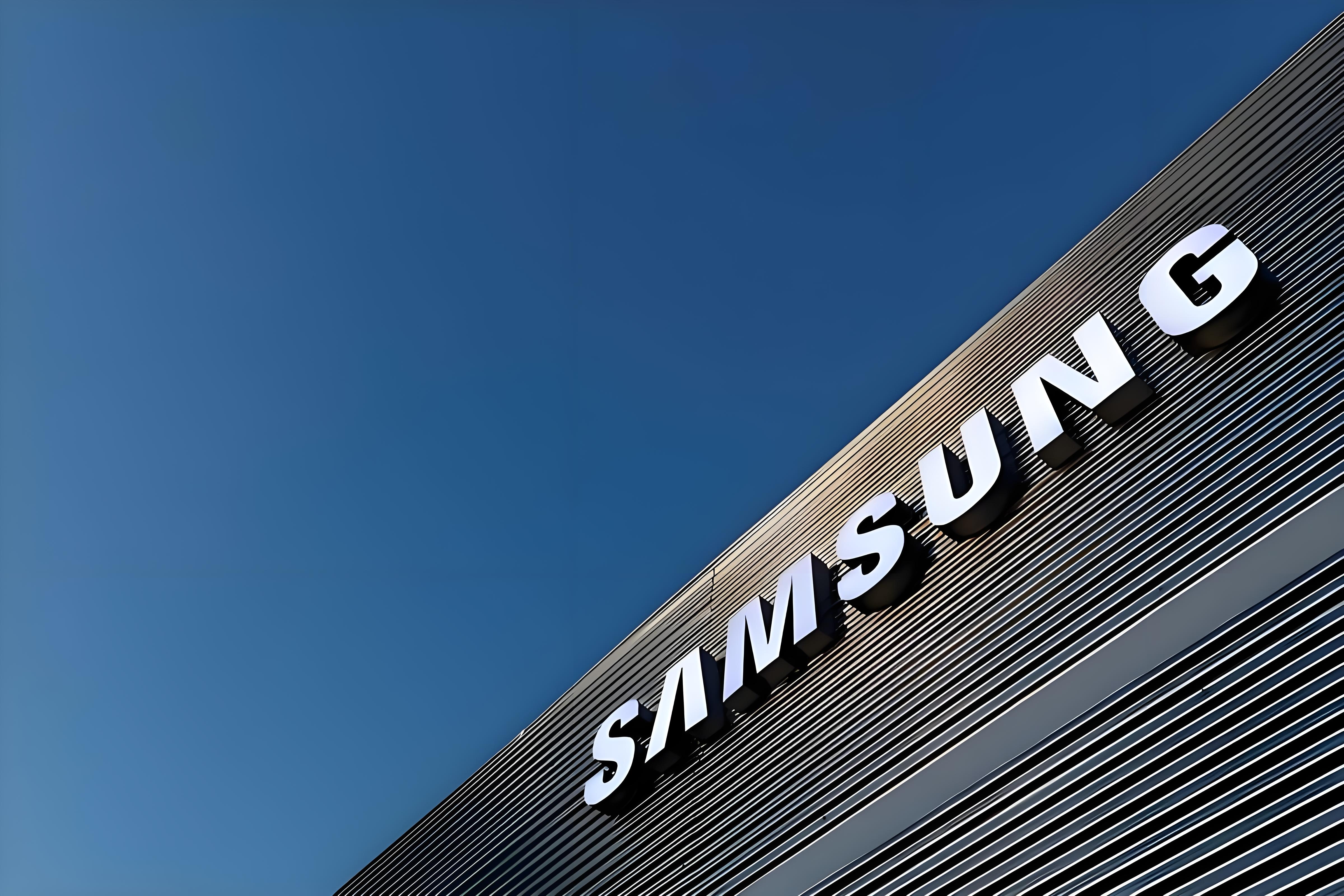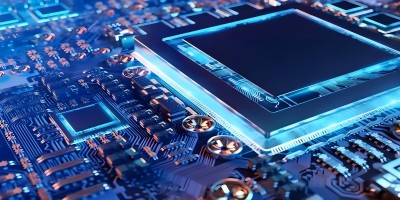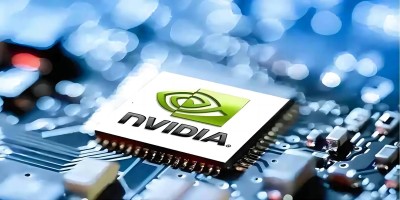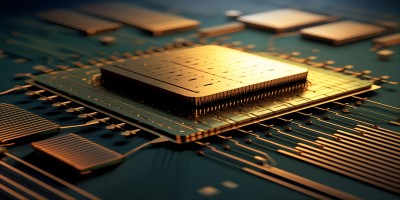Reuters reported that according to two people familiar with the matter, the prices of some of Samsung Electronics' memory chips have risen by as much as 60% this month compared to September. These chips are currently in short supply due to the global race to build AI data centers.
Samsung Electronics raised the price of server chips by 30% to 60% this month, significantly higher than the level in September. Samsung previously postponed the official pricing announcement for its October supply contract. Two people familiar with the matter added that pricing details are usually announced once a month.
This price surge may increase the cost pressure on large enterprises to build data infrastructure. At the same time, the increase in the price of memory chips may also push up the costs of other products such as smart phones and computers.
However, for Samsung, which lags behind its competitors in the field of advanced artificial intelligence chips, this round of supply shortage brings an opportunity to improve its profits. The company has stronger pricing power in the memory chip market than its competitors such as SK Hynix and Micron Technology.
Tobey Gonnerman, president of semiconductor distributor Fusion Worldwide, told Reuters that many large server manufacturers and data center builders "have now accepted the fact that they cannot get enough products" and are paying extremely high price premiums.
Tobey Gonnerman pointed out that the contract price of Samsung's 32GB DDR5 memory chip module jumped from $149 in September to $239 in November.
DDR memory chips are used in servers, computers and other devices to assist computing performance by temporarily storing data and managing fast data transmission and retrieval.
Tobey Gonnerman also revealed that Samsung Electronics has raised the prices of its 16GB DDR5 and 128GB DDR5 chips by approximately 50% respectively to $135 and $1,194. The price increase of 64GB DDR5 and 96GB DDR5 exceeds 30%.
Another source familiar with Samsung Electronics confirmed these price hikes.
Jeff Kim, the head of research at KB Securities, said that Samsung Electronics has been slow in its transition to AI chips, which means the company has stronger pricing power in the memory field than competitors such as SK Hynix and Micron Technology.
TrendForce analyst Ellie Wang said that Samsung Electronics may raise its contract prices by 40% to 50% in the Octo-December quarter, which is higher than the industry's average expected increase of 30%.
She said, "They are really confident that the price will rise." The main reason is that the demand is really strong now and everyone is signing long-term agreements with suppliers.
Samsung Electronics declined to comment on this. Industry executives and analysts said that the current chip shortage is extremely severe and has triggered panic buying by some customers.
The report indicates that driven by the strong performance of the contract market, the atmosphere in the NAND spot market has further heated up, with both the price increase and the frequency of quotations significantly rising. As small and medium-sized buyers find it difficult to obtain supplies from original factories, the demand for turning to the spot market for procurement has significantly increased. However, the supply of spot goods is relatively scarce. Holders generally have a positive outlook on the future market trend, with a strong sentiment of delaying sales and holding back sales, which has led to limited trading volume but a continuous rise in prices.
Disclaimer: The article is sourced from the Internet. In case of any dispute, please contact customer service.



